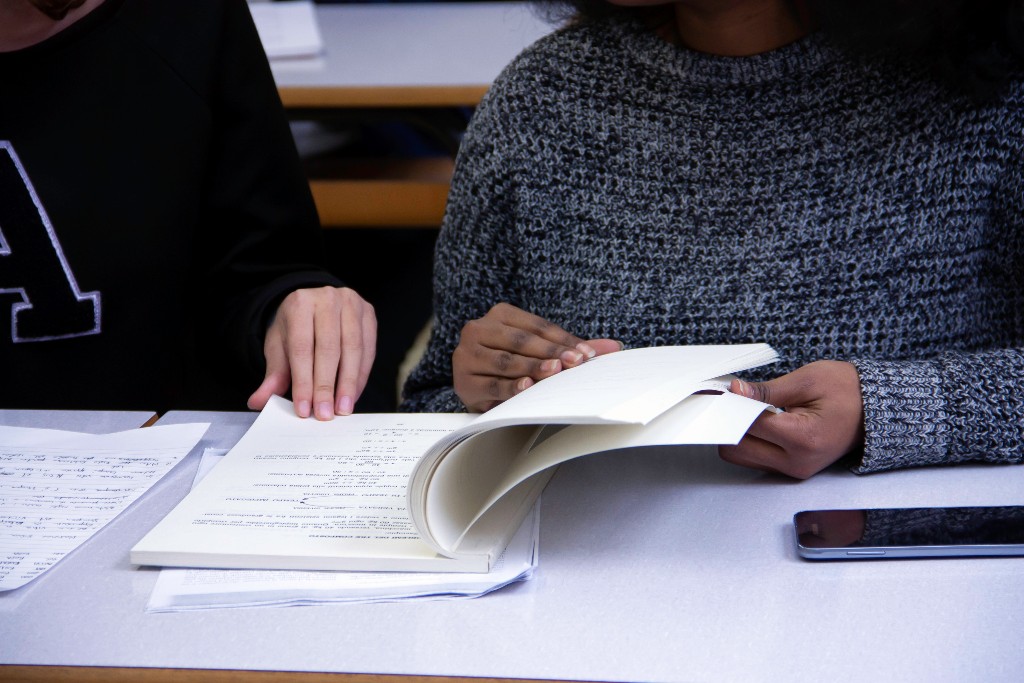The Race, Prosperity, and Inclusion Initiative at the D.C.-based Brookings Institution hosted a discussion on the problems school students of color have to deal with today in the U.S. on Wednesday.
During the event, two unconventional teachers took the stage to talk about their different teaching experiences: Rodney Robinson and Danielle Riha, respectively 2019 National Teacher of the Year and 2019 Alaska Teacher of the Year.
They talked about how hard it was for them to follow the standards set in ordinary schools. “One obstacle is that the traditional way of teaching doesn’t work with my kids,” said Robinson, who teaches grades six through 12 at Virgie Binford Education Center inside the Richmond Juvenile Detention Center in Virginia.
“Indigenous students are different, especially because the tests they have to take are about something the kids have never seen before,” commented Riha, a middle school teacher at Alaska Native Cultural Charter School in Anchorage.
Despite the different teaching practices and backgrounds, the discussion brought the problem of diversity out, highlighting that students cannot be treated all at the same level.
While Robinson chose to teach young people in the juvenile justice system because he wanted to better understand the school-to-prison pipeline and explain kids how to be advocates, Riha moved to Alaska in 1995 and one of her goals was and still is to teach kids how important their language, their cultures, and their stories are.
What makes Riha’s work difficult is also the variety of ethnicity in the state: the Anchorage School District in Alaska has in fact the most ethnically diverse students in the United States with over 100 languages spoken in student homes.
“As a lifelong learner, I consider myself an innovator both in and outside of my classroom as a curriculum developer, seeker of community wisdom, consistent researcher and participant in peer support and education in cultural responsive teaching,” Riha said in a previous interview.
Another challenge yet goes beyond statistics that show Alaska Native students score lower on standardized tests than any other ethnic group in the state, calling for solutions and encouraging the students.
But changes take time, even if “sometimes it is like to kick against the wall,” Robinson said, “when you try to implement change, you find people who don’t want to change,” suggesting to include more people of color at the table of educational reforms.
Teaching in a juvenile center might be different from a school in Alaska, and yet statistics play an important role there, as well, especially if the young people who live there are considered to be “criminals first and then students.”
“Our kids, they don’t have dreams, they don’t think they can be productive for the society. The difficulty is to show them they can be better the way they come from,” Robinson concluded.
The 2019 National and Alaska Teachers of the Year made it clear through the stories they shared that teachers and other school personnel have to be looked upon to as the flag-bearers of change, as they are on the path to succeed in their mission.
The Race, Prosperity, and Inclusion Initiative at Brookings “strives to advance the equity and economic prospects of poor and low-income Americans and of communities of color. The initiative encompasses scholarship from Brookings’s Economic Studies, Governance Studies, and Metropolitan Policy programs,” Brookings’ website explains.
DC Public Schools Grow in Enrollment As Charter Schools Lose Popularity

